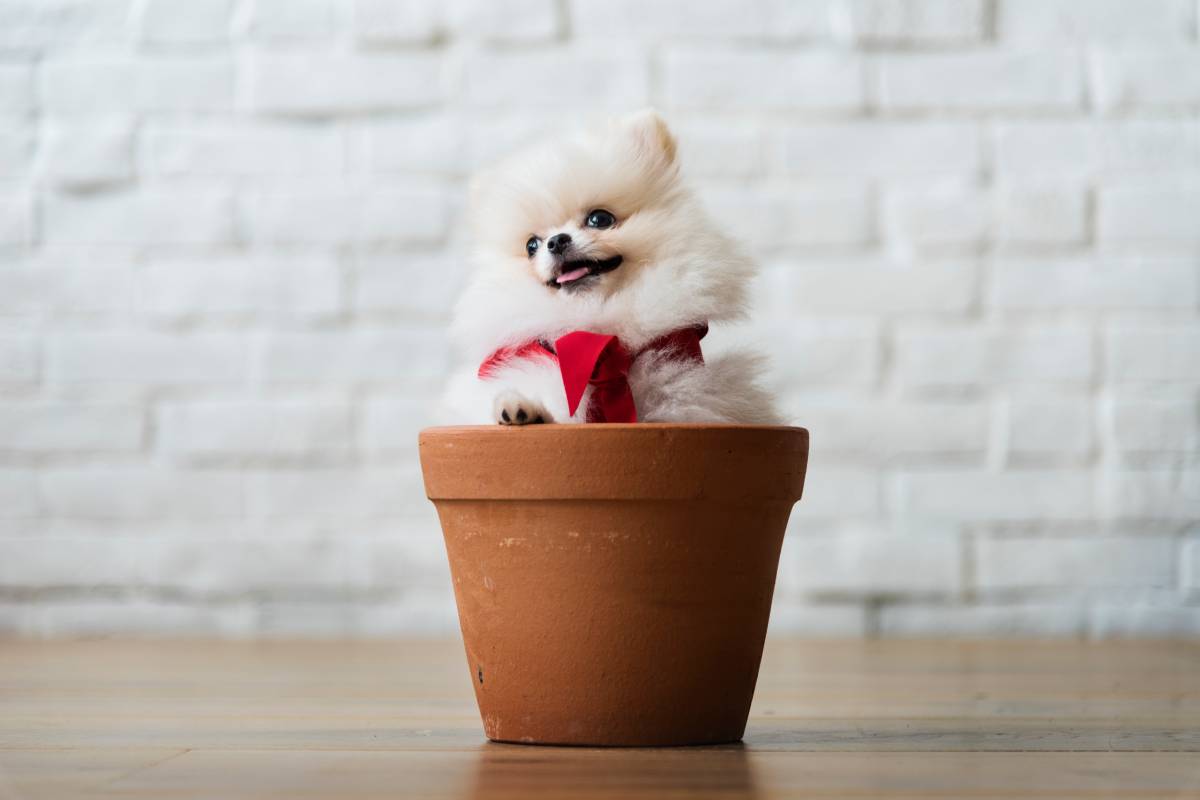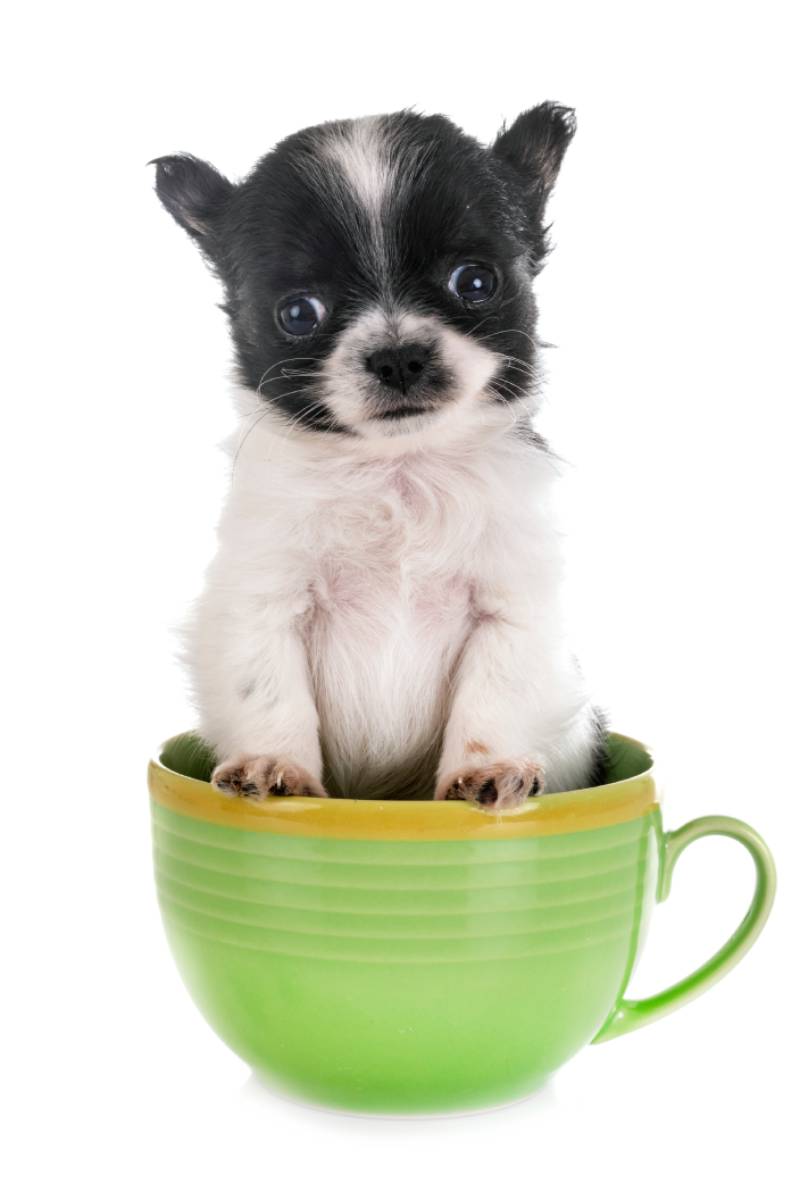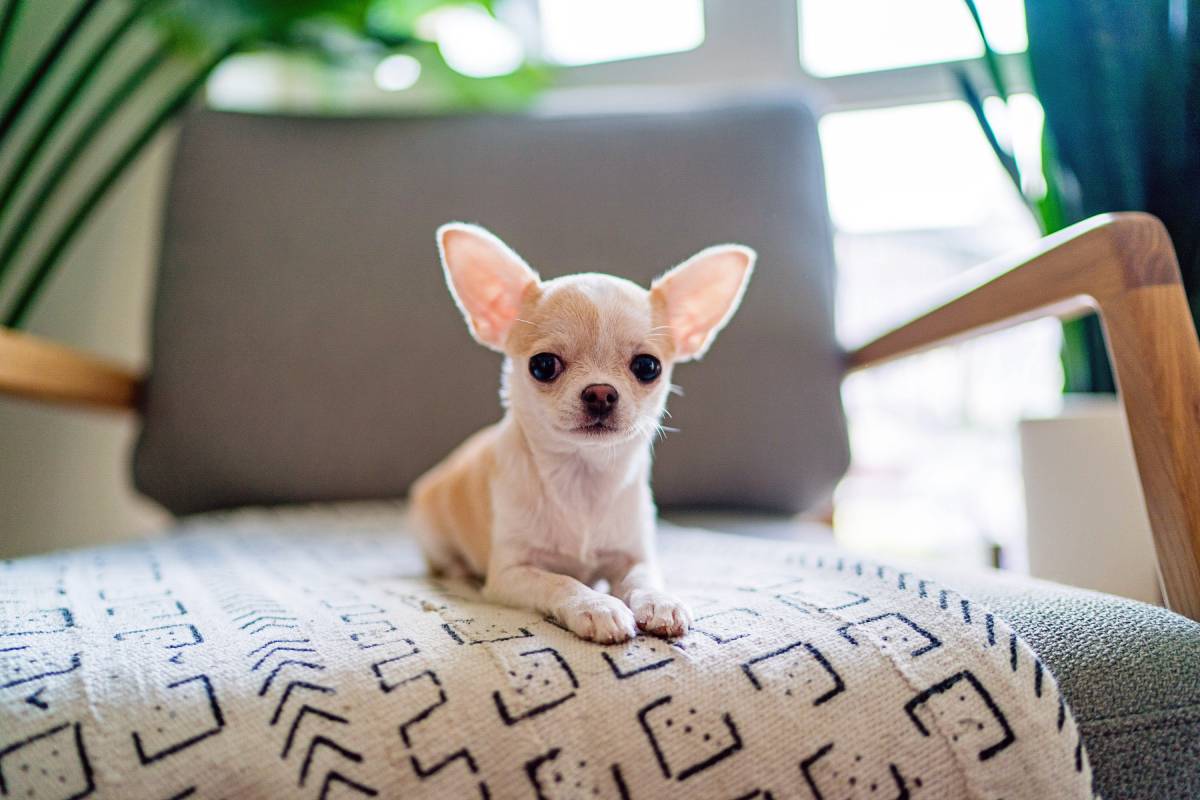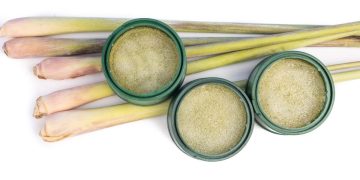What are teacup dogs? How long do they live? Their controversies?

Teacup dogs, with their miniature size and adorable appearance, have captured the hearts of dog lovers around the world. These pint-sized pups, often bred to be smaller than the standard size of their breed, evoke fascination and admiration.
However, behind their cuteness lies a world of controversy and concern. From health issues to ethical debates surrounding their breeding, the world of teacup dogs is far from simple.
In this article, we delve into what are they, how long they live and the controversies surrounding teacup dogs, exploring the health risks, ethical dilemmas, and broader implications of their popularity.
What are teacup dogs?
“Teacup dogs” is a term used to describe exceptionally small dog breeds, often bred to be even smaller than the standard size of their breed. These pint-sized pups are adored for their miniature stature and cute appearances, but there’s more to them than just their size. Let’s delve into what makes teacup dogs unique and the considerations involved in caring for them.
What Makes Teacup Dogs Different?
Teacup dogs are typically smaller versions of existing toy or small dog breeds. They’re bred to be tiny, sometimes weighing only a few kilograms when fully grown. While there’s no official size designation for teacup dogs, they are generally smaller than the standard size for their breed.

Popular Teacup Breeds
Several dog breeds have teacup versions, including:
- Chihuahua: Teacup Chihuahuas are among the tiniest dogs, weighing just a few kilograms.
- Yorkshire Terrier: Teacup Yorkies are miniature versions of the standard Yorkshire Terrier, often weighing less than two kilograms.
- Pomeranian: Teacup Pomeranians are tiny fluff balls, usually weighing around 1.5 to 3.5 kilograms.
- Maltese: Teacup Maltese dogs are small and delicate, often weighing under two kilograms.
- Poodle: Teacup Poodles are miniature versions of the standard Poodle, typically weighing around 1.8 to 2.7 kilograms.
Caring for Teacup Dogs
While teacup dogs are adorable, caring for them requires special attention due to their size and delicate nature.
1. Nutrition: Teacup dogs have small stomachs, so they need to eat small, frequent meals to avoid hypoglycemia (low blood sugar). High-quality, nutrient-rich food formulated for small breeds is essential.
2. Exercise: Despite their size, teacup dogs still need regular exercise to stay healthy. However, their exercise needs are much less than larger breeds. Short walks and indoor play sessions are usually sufficient.
3. Health Monitoring: Teacup dogs are prone to certain health issues such as dental problems, luxating patellas, and collapsing trachea due to their size. Regular veterinary check-ups are crucial to catch any health issues early.
4. Temperature Control: Teacup dogs are sensitive to extreme temperatures. They can easily become too cold in chilly weather or overheat in hot weather. It’s important to keep them comfortable with appropriate clothing or by adjusting the indoor temperature.
5. Handling: Due to their small size, teacup dogs are fragile and should be handled with care. Rough handling when hair grooming or accidental falls can cause serious injuries.
Teacup dogs, like their larger counterparts, can have varying lifespans depending on factors such as breed, genetics, and overall health. On average, teacup dogs tend to live between 12 to 15 years, but some may live longer with proper care and attention. However, their small size and breeding for extreme miniaturization can sometimes lead to health issues that may affect their lifespan.
Here are some factors that can influence the lifespan of teacup dogs:
 1. Genetics: The genetic background of the dog plays a significant role in determining its lifespan. Dogs from healthy breeding lines with minimal genetic disorders are more likely to live longer lives.
1. Genetics: The genetic background of the dog plays a significant role in determining its lifespan. Dogs from healthy breeding lines with minimal genetic disorders are more likely to live longer lives.
2. Health Care: Regular veterinary check-ups, vaccinations, and preventative care are essential for ensuring the overall health and longevity of teacup dogs. Prompt treatment of any health issues that arise can also contribute to a longer lifespan.
3. Nutrition: Proper nutrition is crucial for teacup dogs to maintain their health. A balanced diet formulated for small breeds, along with portion control to prevent obesity, can help support their well-being and extend their lifespan.
4. Exercise: While teacup dogs don’t require as much exercise as larger breeds, regular physical activity is still important for their health. Exercise helps maintain a healthy weight, strengthens muscles, and promotes cardiovascular health, all of which can contribute to a longer lifespan.
5. Environmental Factors: Providing a safe and comfortable environment for teacup dogs is essential. They are sensitive to extreme temperatures and should be kept indoors in moderate conditions to prevent heatstroke or hypothermia.
6. Breeding Practices: The breeding practices used to produce teacup dogs can sometimes result in health issues that may affect their lifespan. Reputable breeders prioritize the health and well-being of their dogs, while irresponsible breeding for extreme smallness may lead to a shorter lifespan and increased health problems.
Yes, there is significant controversy surrounding teacup dogs. While they are often adored for their small size and cuteness, there are several concerns and criticisms related to the breeding, health, and welfare of these miniature pups. Here are some of the main controversies:
1. Health Issues: Teacup dogs are prone to a range of health problems, largely due to their small size and the breeding practices used to achieve it. These health issues can include dental problems, luxating patellas (dislocated kneecaps), respiratory issues, hypoglycemia (low blood sugar), heart defects, and fragile bones. Critics argue that breeding for extreme miniaturization can exacerbate these health issues and decrease the overall quality of life for the dogs.
2. Ethical Concerns: The breeding of teacup dogs raises ethical questions about whether it is responsible to intentionally breed dogs to be extremely small, often at the expense of their health and well-being. Critics argue that the pursuit of tiny dogs for aesthetic reasons prioritizes appearance over the dogs’ welfare.
3. Misleading Marketing: Some breeders and sellers may use misleading marketing tactics to promote teacup dogs, exaggerating their size or failing to disclose the potential health risks associated with them. This can lead to unsuspecting buyers purchasing teacup dogs without fully understanding the responsibilities and potential challenges involved in caring for them.
4. Inhumane Breeding Practices: There are concerns about the breeding conditions of teacup dogs, including overbreeding, inbreeding, and puppy mills. These practices can contribute to genetic health problems and may prioritize profit over the welfare of the animals.
5. Increased Demand: The popularity of teacup dogs has led to an increased demand for these breeds, which in turn fuels the continuation of controversial breeding practices. Critics argue that this perpetuates a cycle of unethical breeding and contributes to the overpopulation of certain breeds.
6. Potential Exploitation: Some critics argue that the fascination with teacup dogs may lead to their exploitation, with breeders charging exorbitant prices for these tiny pups without adequately considering their health and well-being.
Final thought
While teacup dogs may continue to enchant many with their tiny frames and playful personalities, it’s crucial to recognize the controversies that surround them. From health concerns to ethical considerations, the welfare of these miniature pups should remain at the forefront of discussions about their breeding and ownership.
Responsible breeding practices, informed decision-making by prospective owners, and support for organizations promoting canine welfare are essential steps toward addressing the controversies surrounding teacup dogs and ensuring the well-being of these beloved companions.













